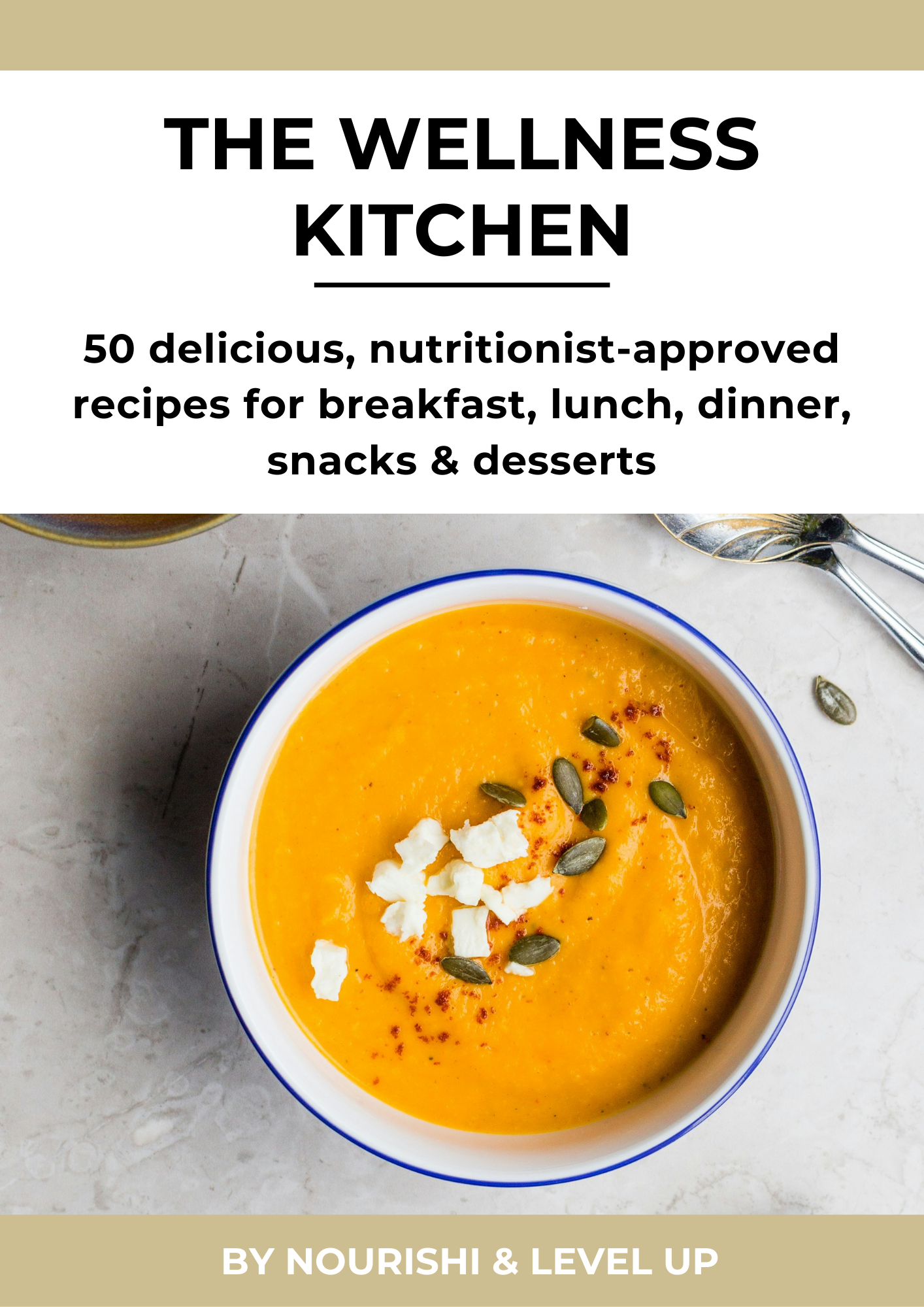LACK OF ENERGY?
3 REASONS WHY YOUR FOOD MAY BE MAKING YOU TIRED
Feel exhausted even though you had a good night’s sleep? Struggle to find energy to focus fully on your job, play with the kids or achieve everything you want in a day?
And, because you are tired all the time, do you find that you are often cranky, unmotivated and unnecessarily impatient?
Trust me, you’re not alone.
These days, chronic tiredness and poor moods have become so common, that we’ve actually started accepting them as normal. We live such busy lives and so many people around us feel tired all the time, that it must be normal if we do too, right?
The reality is, it’s not.
Sure, if you regularly sleep less than 7-8 hours or are waking up a lot during the night, you’re unlikely to wake up rested. Or, if you have certain medical conditions such as diabetes, an under-active thyroid or an autoimmune disease, these can contribute to your constant tiredness too.
But the truth is,
there is one other factor that massively affects your energy levels and that can be the number one cause of chronic tiredness - and that is your diet.
The food you eat every day, drinks you consume and the eating habits you cultivate.
Yes, your food can make you tired and cranky - or it can help you feel energetic and full of life as you like it!
So why exactly is food so powerful?
(1) WRONG FOODS CAN WREAK HAVOC ON YOUR GUT
In your gut there are billions and billions of different bacteria, some of which support your health while others do not. One of the things that the “good bacteria” do is help absorb nutrients from the food that you eat, including B vitamins, magnesium as well as iron, which are all crucial for good energy levels.
The “bad bacteria” have the opposite effect and when they overgrow, the absorption of these nutrients is compromised too.
And of course, if the nutrients that are key for healthy energy levels are not adequately absorbed, then greater tiredness and fatigue are likely to follow.
What’s important to know is that
the food that you eat, is one of the main factors that affect this balance between the “good” and “bad” bacteria.
For example, a diet high in processed foods can very quickly lead to an overgrowth of the "bad bacteria", as these typically feed on simple carbohydrates and unhealthy fats that processed foods are full of. Pizza, pasta, bread, muffins, cakes - you name it, the "bad bacteria" love them all!
The "good bacteria", on the other hand, feed on certain types of fibre that is found in foods like flax-seed and oats, so a balanced diet with enough whole foods and little processed products will not only help these bugs stay alive and grow, but will also support your energy levels in the process.
(2) POOR EATING HABITS CAN SEND YOUR BLOOD SUGAR ON A ROLLER-COASTER RIDE
There is no stable energy without a stable blood sugar.
Blood sugar refers to the level of glucose in your blood and our bodies all have a blood sugar range that’s considered to be normal and that they work hard to maintain.
When you eat, glucose from your food gets released into your blood stream which causes a rise in your blood sugar. From there, insulin pushes this glucose into the body cells where it can be converted into energy and, in this process, also lowers your blood sugar level. If your cells already have enough energy, excess glucose gets stored in your body as fat.
When you eat regularly and your meals are balanced, this rise and fall of the blood sugar happens within the normal range.
That’s also when your energy remains good most of the time, when your mood feels settled and when you don’t tend to experience sugar cravings.
But, when your diet is imbalanced and your meals are, for example, too high in processed foods or sugar, or when you have an irregular meal schedule, your body struggles to maintain blood sugar within the normal range. This can then lead to very short surges of energy, followed by a longer period of extreme tiredness, irritability and sugar cravings.
Of course, if you maintain this type of diet for a long time, your blood sugar can’t get off this roller-coaster, and soon fatigue and poor moods are no longer just a one-off inconvenience, but a regular occurrence in your life.
(3) IMBALANCED DIET CAN LEAD TO NUTRIENT DEFICIENCIES
The food you eat every day provides you with several nutrients that have an enormous effect on your energy and moods, including B vitamins, magnesium, Omega 3, vitamin D, zinc, iron and potassium.
For example,
B vitamins, magnesium and zinc work together in your body to turn the food you consume into energy.
If you don’t get enough of them from food or supplements, your body simply cannot produce as much energy as you need, leaving you more tired than you would normally be.
And then there’s iron,
which helps transport oxygen from your lungs to other organs and tissues, thereby affecting how well they function. If you don’t have enough of it , your organs have less oxygen and have to work harder, making you more tired.
To help prevent these gaps, prioritise nutrient-dense foods in your diet,
which contain a high concentration of key vitamins, minerals and phytonutrients.
So these are some of the most common drivers of fatigue, but of course
there are other, nutrition-related factors that can contribute to your tiredness too.
These vary from person to person and are typically identified through a deep-dive assessment of your nutrition, health situation and lifestyle factors. Once you know what your specific challenges are, making simple, targeted changes in your nutrition can make an enormous difference to your energy levels and how you feel and function every day.











